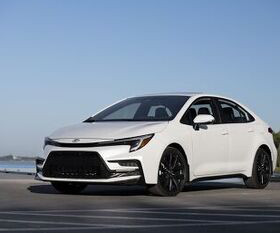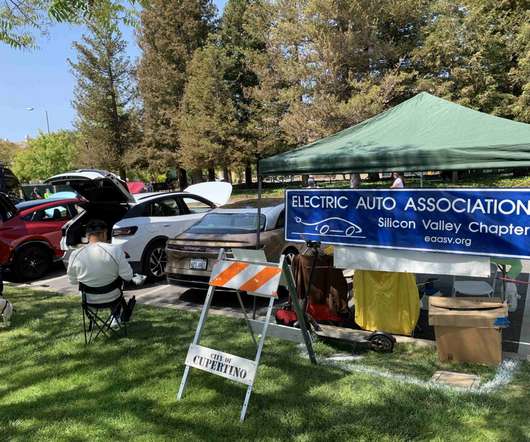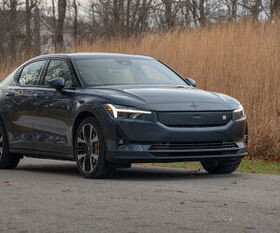DOE proposes revising procedures for calculating petroleum-equivalent fuel economy of EVs for use in CAFE calculations
Green Car Congress
APRIL 12, 2023
In May 1980, as required by the Motor Vehicle Act, DOE proposed a method of calculating the petroleum-equivalent fuel economy of electric vehicles utilizing a “petroleum equivalency factor” (PEF). DOE published a final rule on 12 June 2000. DOE has not updated this since the June 2000 Final Rule. Background. Proposed PEF.






































Let's personalize your content